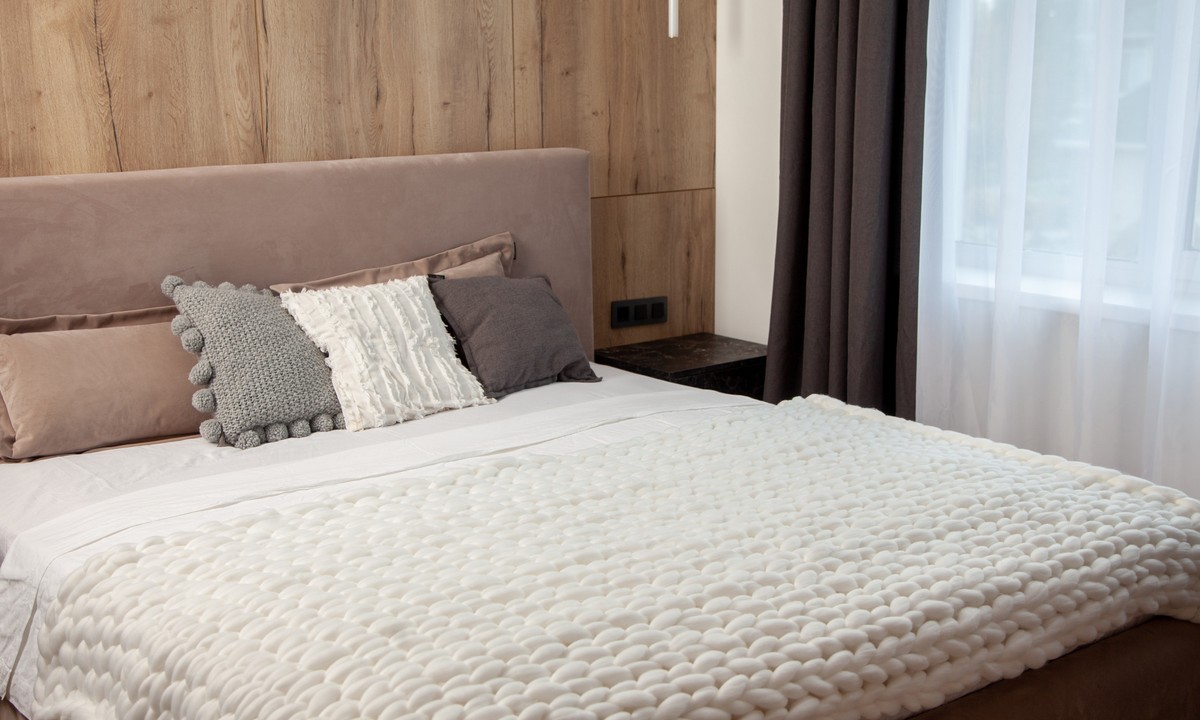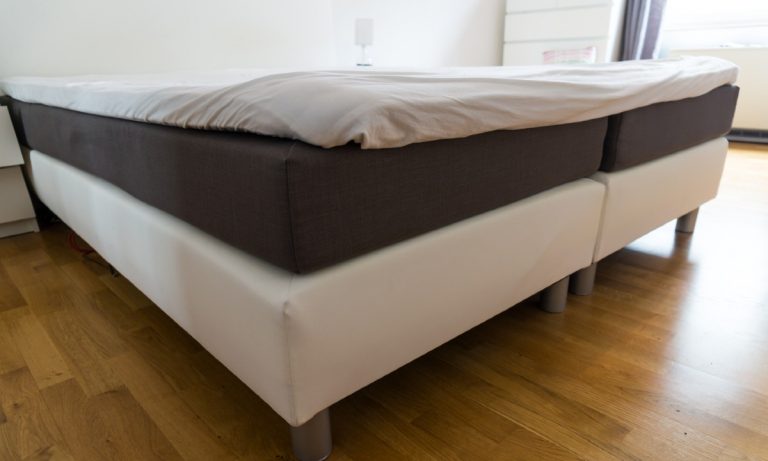Have Sensitive Skin? This Bedding is for You

If you have sensitive skin, you know that finding products and materials that won’t irritate your skin can be a challenge. Did you know that your environment can also affect your skin? The truth is, your home’s environment can either help or hurt your skin, depending on the materials used in your home and the way your home is kept clean.
In this post, we’ll share some tips for making your home more skin-friendly, so you can finally get some relief from your sensitive skin. We’ll share tips for choosing the right materials for your home, as well as for keeping your home clean in a way that won’t irritate your skin. Trust us, your skin will thank you.
Sheets
Your bedding is one of the most essential elements in creating a bedroom that is safe for sensitive skin. Choose sheets, pillowcases, and blankets made from natural fibers like cotton or bamboo. These fabrics are less likely to irritate your skin than synthetic materials. Wash your bedding in a mild detergent and avoid using fabric softeners, which can contain harsh chemicals. You can purchase special detergents that are made for sensitive skin if needed. Natural fibers like cotton or linen sheets are a perfect choice if you find that you often wake up itchy. If you’re allergic to dust mites, make sure to look for sheets that are specifically designed to repel dust mites and other allergens.
Quilts
When it comes to comforters or quilts, again, look for natural fibers like cotton or wool. These fabrics are a little thinner, so you’ll watch to purchase something with down for the colder months. If you have a down allergy, there are comforters and quilts filled with synthetic down. Blankets can be made of a variety of different materials, so it’s important to think about what will work best for you. Look for blankets made of cotton, bamboo, or another natural fiber. Throws and other textiles are often made of wool or other materials that can be irritating to sensitive skin.
Mattress
Your mattress can also affect your skin. Even if you have a sheet on top, it can still contribute to allergens in the air. If you’re allergic to latex, you’ll want to avoid latex foam mattresses and latex pillows, as these can cause a rash. Instead, look for a mattress made of memory foam or another type of foam. As for pillows, down or synthetic down are good options. These materials are hypoallergenic and will not trigger your allergies. You should avoid feather pillows, as these can trigger sensitivities.
Declutter
Decluttering your bedroom will also help reduce your exposure to dust and other allergens. If you have extra things lying around, that just leaves more space for dust to accumulate. Get rid of anything you don’t need or use, and store items that collect dust in airtight containers. It is also a good idea to use mothballs, as these will keep your clothes from degrading while in storage. Regularly vacuum and dust your room to keep the allergens at bay.
Conclusion
Sensitive skin can be challenging, but you don’t have to suffer. By making a few simple changes to your home, you can create an environment that is gentle on your skin. Choose natural materials for your bedding and furniture, and keep your home clean to reduce your exposure to allergens. With a little effort, you can finally get relief from your sensitive skin.



